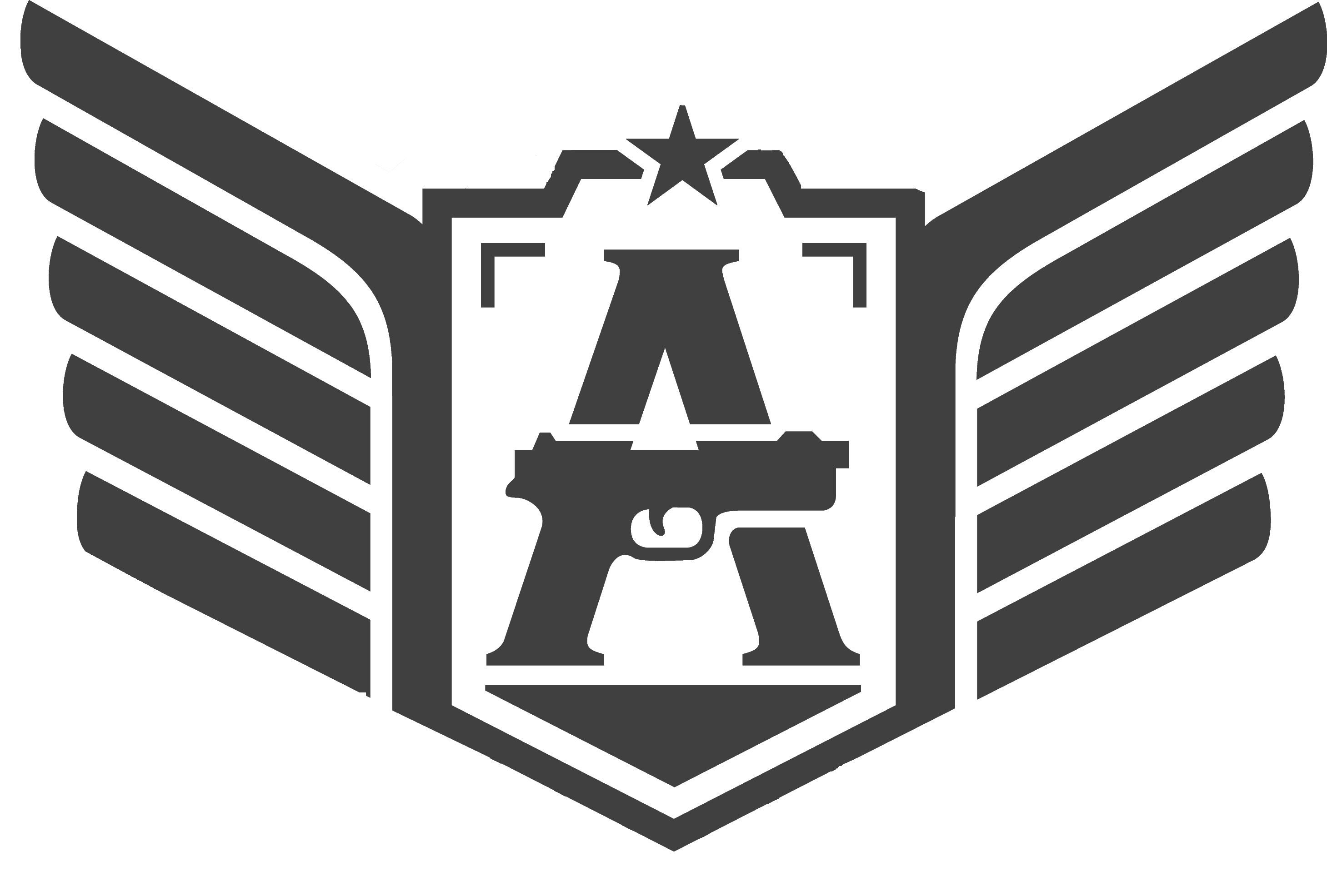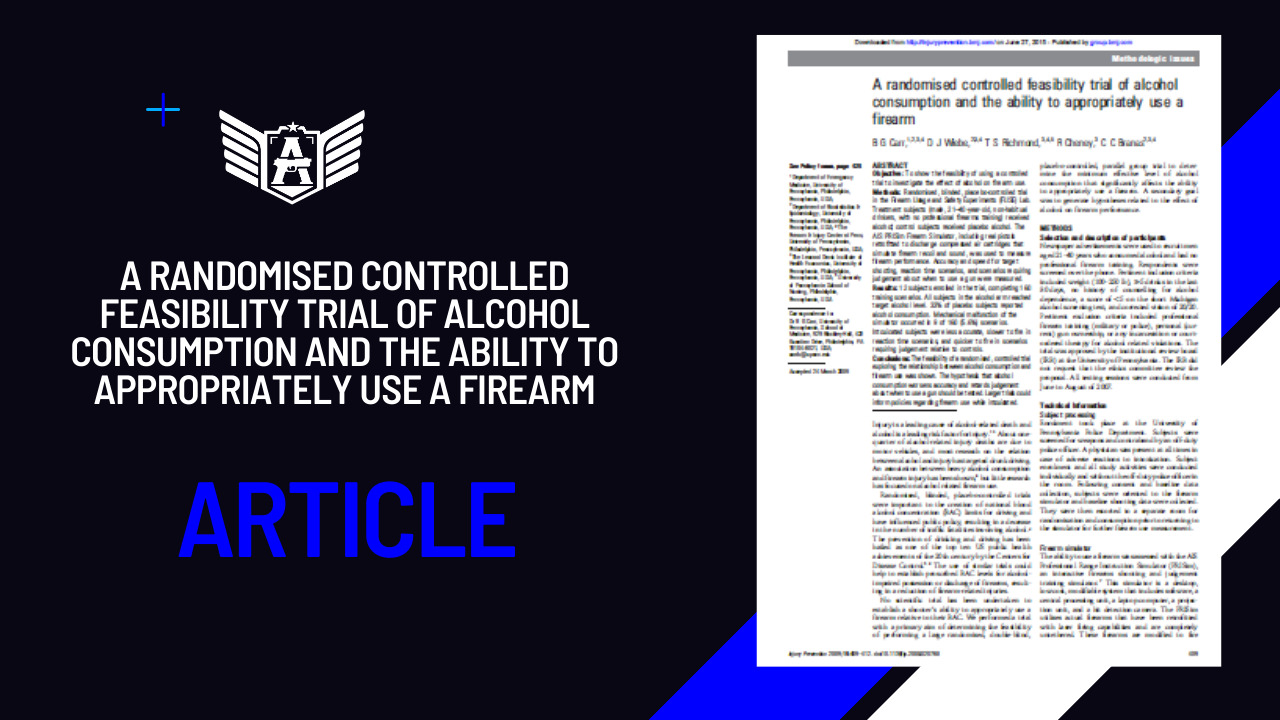This study aimed to demonstrate the feasibility of conducting a controlled trial to explore the impact of alcohol on firearm use. A randomized, double-blind, placebo-controlled trial was carried out involving male participants aged 21 to 40, who were non-habitual drinkers without professional firearms training. Treatment subjects received alcohol, while control subjects received placebo. The AIS PRISim Firearm Simulator was used to measure firearm performance, assessing accuracy, speed, and judgement in various scenarios. Out of 12 participants, all in the alcohol group reached the targeted alcohol level, with 33% of placebo subjects reporting alcohol consumption. Mechanical malfunctions occurred in 5.6% of simulator scenarios. Intoxicated participants displayed reduced accuracy, delayed reaction times, and altered judgement in comparison to controls. This study successfully showcased the feasibility of a controlled trial examining the connection between alcohol and firearm use, suggesting avenues for further investigation and potential policy implications.


We demonstrate the feasibility of a randomised, controlled trial exploring the relationship between alcohol consumption and firearm use. The hypothesis that alcohol consumption worsens accuracy and retards judgement about when to use a gun should be tested. Larger trials could inform policies regarding firearm use while intoxicated. Carr et al. (2015
Carr, B. G., Wiebe, D. J., Richmond, T. S., Cheney, R., & Branas, C. C. (2009). A randomised controlled feasibility trial of alcohol consumption and the ability to appropriately use a firearm. Injury prevention, 15(6), 409-412.




